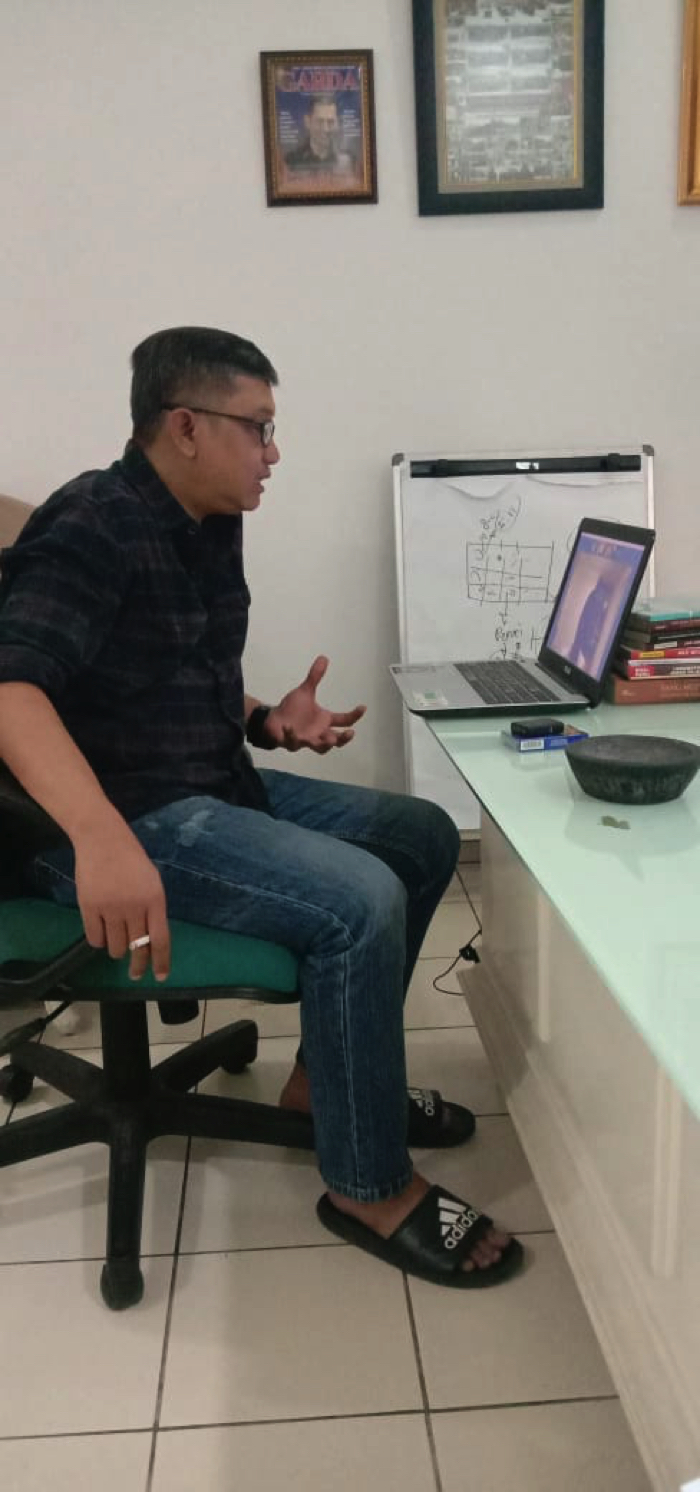- Project Leader : Nakamura Shohei (Kyoto University, Center for Southeast Asian Studies)
- Collaborators : Adachi Mari (JSPS, Ritsumeikan University, Kinugasa Research Organization)
- : Okamoto Masaaki (Kyoto University, Center for Southeast Asian Studies)
- : Kuno Genta (Kyoto University, Graduate School of Asian and African Area Studies)
- : Muhamad Haripin (Indonesian Institute of Sciences, Center for Political Studies)
- : Honna Jun (Ritsumeikan University, Faculty of International Relations)
Outline of Research
The aim of this research is to develop effective methods to survey the social stratification and consciousness of the members of mass organizations in Jakarta. Multiple pilot surveys will be conducted to revise and improve the questionnaire. We will also make use of qualitative research methods such as unstructured interviews. This process will enable us to formulate an overall methodology that can comprehensively capture the actual conditions of the target organizations. The methodology may then be applied to mass organizations nationwide and potentially within Southeast Asia more broadly. The research process will also contribute to building firm alliances with local research institutions and related organizations.
Description
The goal of this research is to establish a methodology for a large-scale survey of the social stratification of Indonesian mass organizations by developing effective methods to survey Jakarta-based mass organizations.
The purpose of the study is to elucidate the overall picture of mass organizations through statistical analysis of the social consciousness and stratification of their members with the use of a multi-stage random sampling survey. By additionally utilizing qualitative research methods, we aim to grasp the actual conditions of those organizations using both qualitative and quantitative methods.
The results of this survey will enable us to understand the social stratification and social consciousness of the members of multiple organizations, which have often been classified and explained only by their external traits or casual observations. It will provide important insights for the reevaluation of the social roles of mass organizations in Indonesian society as a whole.
After the completion of this research, we will seek sufficient funding to conduct the main survey. We expect to use the methodology developed in this study to survey the local branches of the national mass organizations, thus undertaking a nationwide study to fully grasp the national trend. Furthermore, we can expect to expand the scope of this survey to other regions in Southeast Asia.
 With Betawi Brotherhood Forum (25 Aug. 2013, Nakamura Shohei) |
 Zoom interview with the secretary of the Jakarta branch office of Pemuda Pancasila (20 Dec. 2020, Okamoto Masaaki) |
